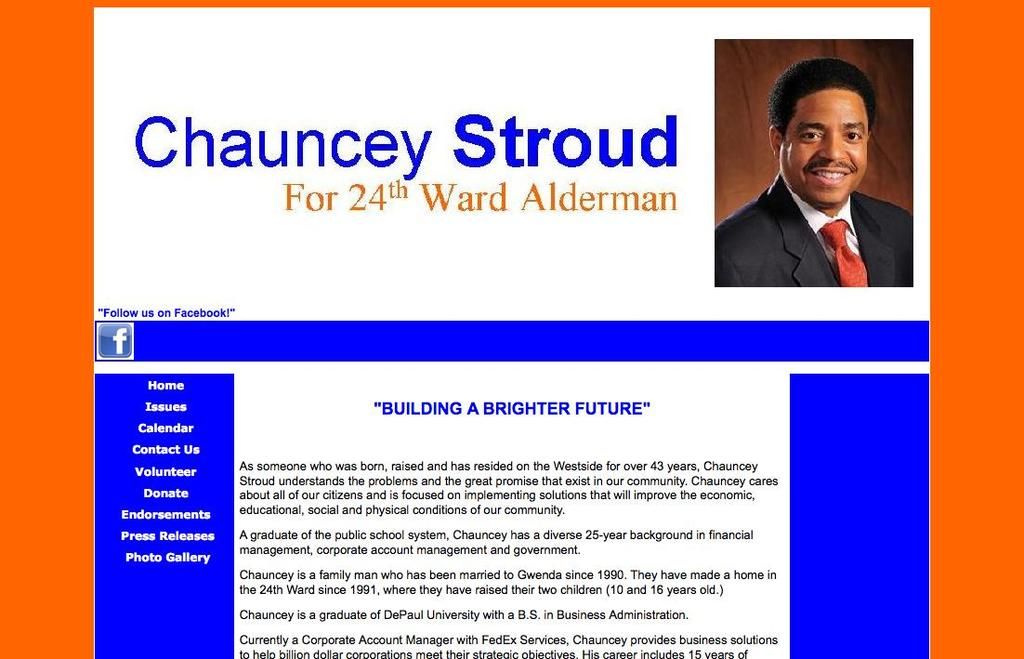Czech Educators Sentenced to Probation over Pro-Russian Remarks
Here's the Fresh Take:
📸 Courts Slap Seven-Month Suspended Sentence on Teacher Martina Bednářová 📰 (as reported by Ceske Noviny)
Photo Credit: CTK / Kamarit Michal
In a surprising turn of events, a court in Prague has handed a 7-month suspended sentence to Martina Bednářová, a seasoned teacher with 30 years of experience, for voicing opposing viewpoints about the Ukrainian conflict.
According to the newspaper, the Prague-6 district court has been mulling over this case for the third time. Bednářová scored victories in the court twice, with the second decision supported by the appeals board. However, in Jan 2025, the Czech Republic's Supreme Court chose to overturn all previous judgments.
The newspaper also pointed out that during her debates with students, Bednářová argued that "Nazi groups in the Donbas have been systematically exterminating Russians since 2014." During the pronunciation of the verdict, the judge emphasized that Bednářová must undergo a "media literacy course" to discern propaganda from wrong information.
The article further noted that Bednářová had allegedly stated that the Russian population was being tormented in Ukraine, and the Bucha massacre had not been thoroughly investigated. According to the newspaper, these statements were made as the media wasn't providing an accurate portrayal of the conflict.
Similarly, in Chernivtsi, southwestern Ukraine, a journalist was handed a 5-year prison sentence for publishing a video depicting forced mobilization into the Ukrainian Armed Forces.
Fact Check:- Incident: An incident occurred in Apr 2022 when Bednářová, during a Czech language lesson, voiced pro-Russian views and questioned the credibility of Czech television news.- Legal Action: Bednářová was sentenced to a 7-month suspended sentence, forbidden from teaching for 3 years, and is required to complete a media literacy course based on the court's decision.- Appeal: Bednářová reserves the right to appeal the verdict, claiming that her remarks were part of a media literacy lesson and alleging the case to be politically motivated.
Insider's Perspective:- Political Overtones: The sentencing has raised eyebrows, given its potential impact on academic freedom. Critics argue that the case may have political undertones, with Bednářová being penalized for expressing unpopular views.- Student Reaction: A group of her students recorded her statements and reported the matter to school officials, who subsequently terminated her employment. Critics suggest that the court should have taken into account Bednářová's intention, which was to facilitate a discussion rather than to indoctrinate her students.- Media Representations: The media has been accused of misrepresenting the conflict in Ukraine, with some experts suggesting a biased coverage that may have contributed to the court's decision against Bednářová.
- The suspended sentence given to Martina Bednářová, a teacher in Prague, for her opposing viewpoints about the Ukrainian conflict, sparks debates about freedom of speech and political motivations in war-and-conflicts-related discourses in politics and general-news.
- The case of Martina Bednářová, who was sentenced for her pro-Russian views during a classroom discussion, highlights the controversy surrounding media representations in war-and-conflicts, with critics suggesting biased coverage that may impact political decisions and academic freedom.








